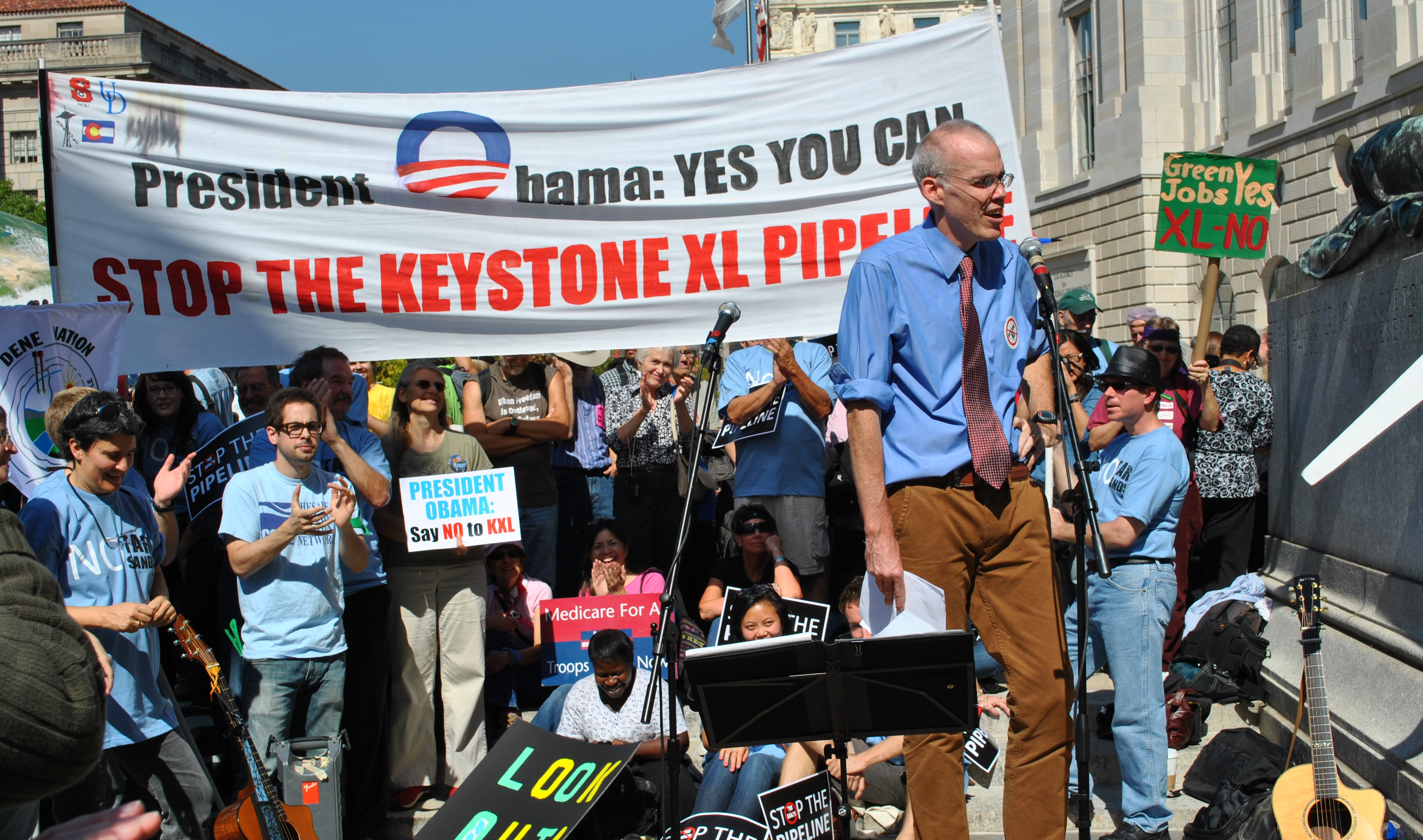The State Department’s draft report on the Keystone XL pipeline, released March 1st, has already been subject to loud criticism and praise. The American Petroleum Institute hailed the report, the New York Times called it a “2,000 page lubricant” for the pipeline, and environmentally concerned groups have cried foul at the report’s alleged failure to address many of the pipeline’s climate impacts.
The Keystone XL pipeline would supply 800,000 barrels a day of “heavy crude oil” from tar sands from Alberta, Canada, all the way down to American Gulf Coast Refineries. From there, America could sell the oil as it pleases, easing US reliance on oil from the Middle East and Venezuela. The pipeline is projected by Bloomberg Business Week to bring thousands of construction jobs to America. So what’s the problem?
Opponents of the Keystone XL Pipeline point to leaks that have caused major resistance to TransCanada’s development of pipelines in Canada. The threat of tar sand oil spilling into American prairies is a real one (see Enbridge Oil Spill) and so are its consequences. Economic skeptics insist that despite TransCanada and the American Petroleum Institute’s claims, the American jobs that the pipeline brings will be temporary and hardly a benefit for the economy. Following the State Department’s report’s release is a 45 day long review period, in which these criticisms will surely be sent to Washington from all those who oppose TransCanada and the US’s plans. The Obama administration is not expected to come out with a decision to approve the pipeline until the summer, but critics see the draft report as giving a green light to development.
Some pragmatic analyses of the pipeline speak to how, despite not being great for the environment, the pipeline could lead to bigger victories for the environmental movement. While we would be transporting heavy oil that we most definitely will not want to see spill, we are already getting as dirty if not dirtier oil from Venezuela. The Washington Post argues that environmentalists are fighting the wrong battle with the Keystone XL pipeline, and instead should focus on getting Obama to push for a carbon emission tax.
If the pipeline gets regulated like the Deepwater Horizon drilling rig was, cause of the British Petroleum (BP) oil spill, we’re in trouble. The US Bureau of Ocean Energy Management, Regulation, and Enforcement and US Coast Guard’s joint report explained that BP, Transocean, and Halliburton’s violations of federal regulations caused the worst spill in American history. Only yesterday, a drilling expert witness testified in court that BP and Transocean botched safety tests, violating federal regulations, which would have slowed rig production. TransCanada proclaims itself as environmentally friendly, armed with a “Health, Safety, and Environment Management System” framework based in risk analysis. Time will tell.
So, what if there is a spill? Recent protests held in Washington DC against the Keystone XL pipeline’s development asked that question, by the likes of 350.org activist Bill McKibben, the Sierra Club, the Hip Hop Caucus, and Brown University’s own Brown Divest Coal. Brown Political Review got a chance to talk with representatives of the group as well as with Professor Dawn King of the Environmental Studies center. Check it out here.
